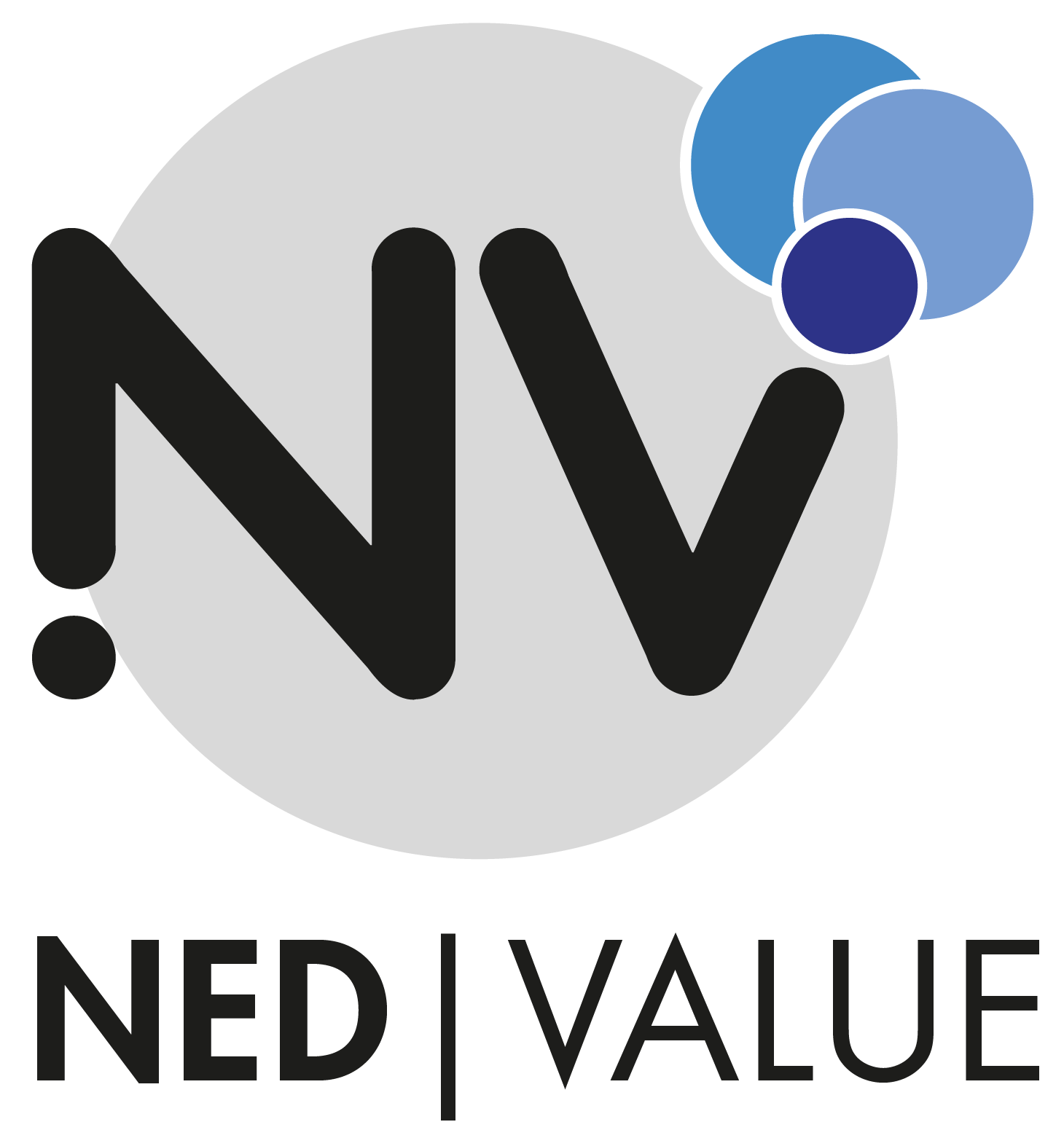
“Care Associate, Cari Associati,
Ho accettato con grande piacere la proposta del Consiglio direttivo di Nedcommunity di ricoprire la carica di Presidente, in sostituzione di Maria Pierdicchi, che dopo aver dato alla guida dell’associazione un forte impulso alle nostre attività, concretizzatosi fra l’altro nel piano strategico presentato all’ultima Assemblea, rimane in Consiglio direttivo per dedicarsi in particolare alle relazioni internazionali.
Di fronte abbiamo uno scenario sfidante per la buona governance, che rappresenta per tutti noi, soci, staff dell’associazione, membri dei numerosi gruppi di lavoro, commissioni e comitati, componenti del Consiglio direttivo, corporate partners, un punto di riferimento essenziale.
Conto di valorizzare il prezioso patrimonio costituito dalle persone e istituzioni che fanno parte della nostra comunità e credono nel ruolo che Nedcommunity può svolgere.
Farò del mio meglio!
Ringraziando per la fiducia, porgo un caro saluto e auguri di buone feste.”
Alessandro

